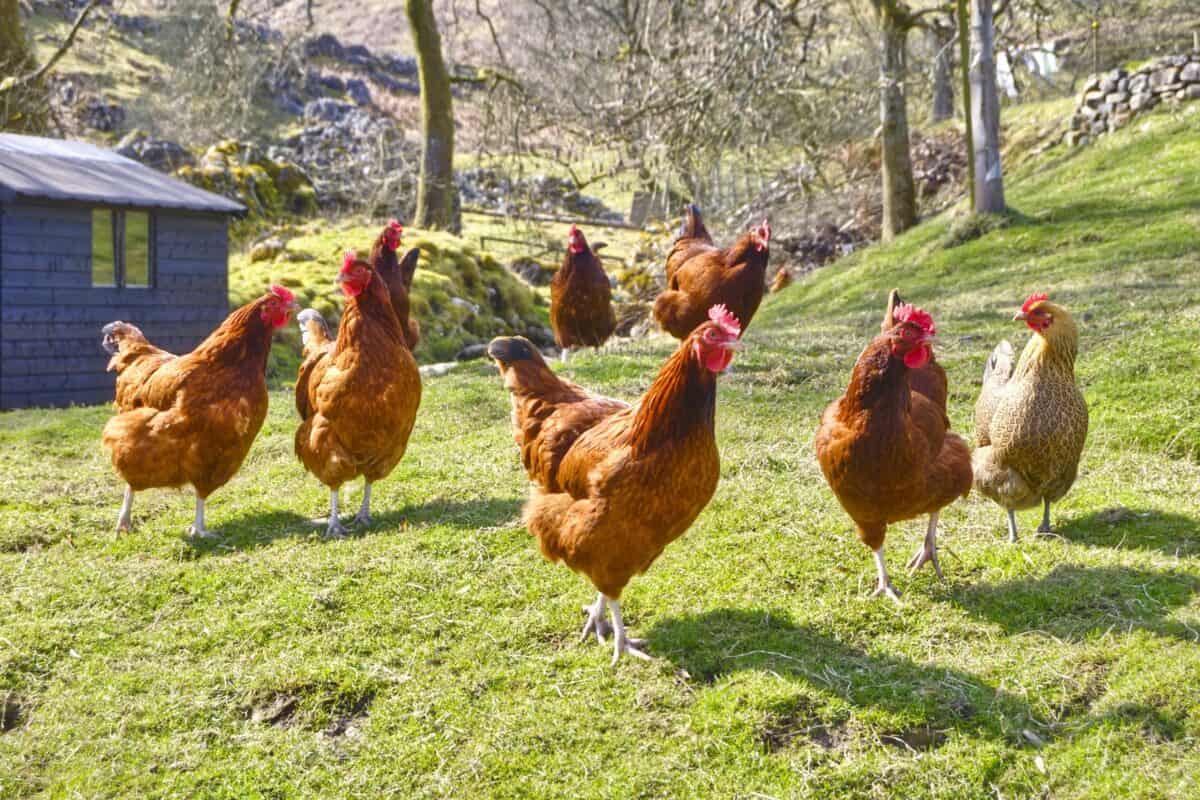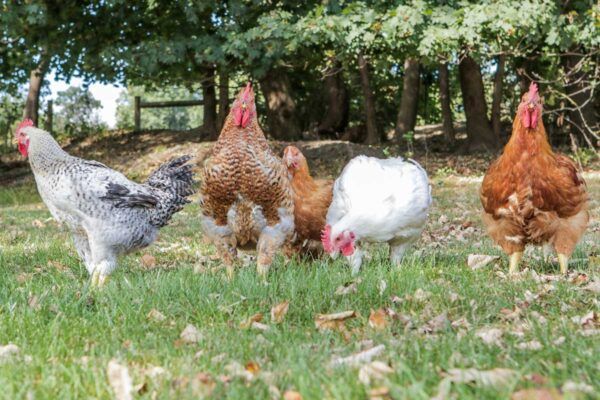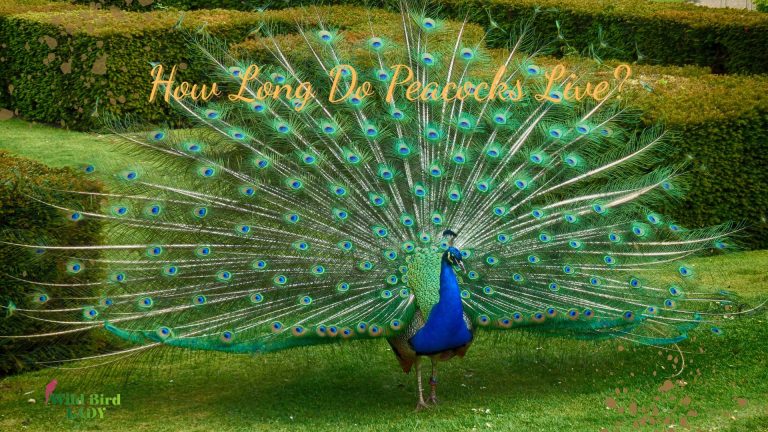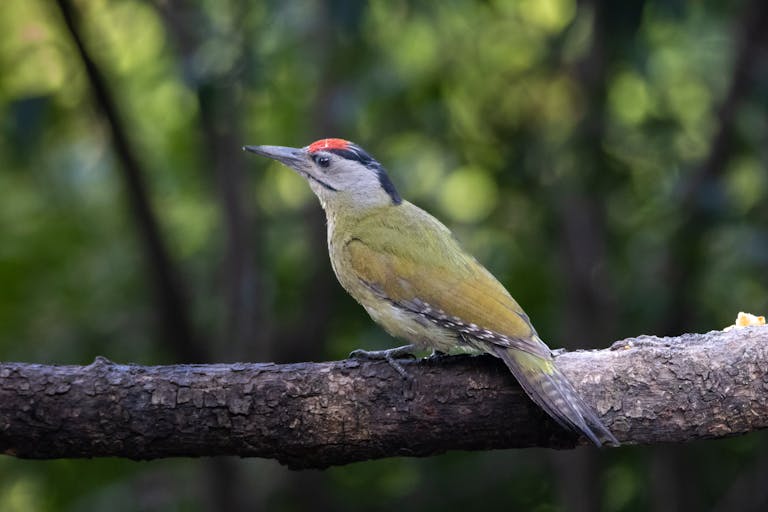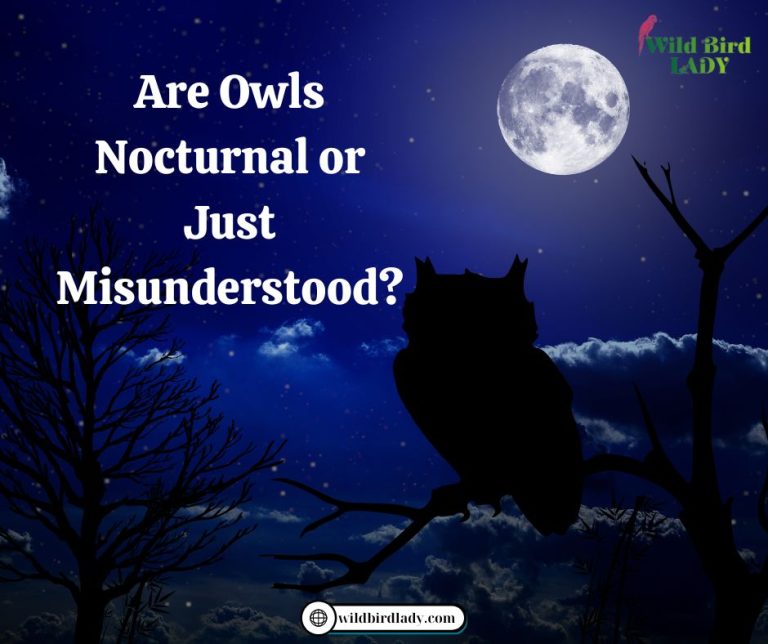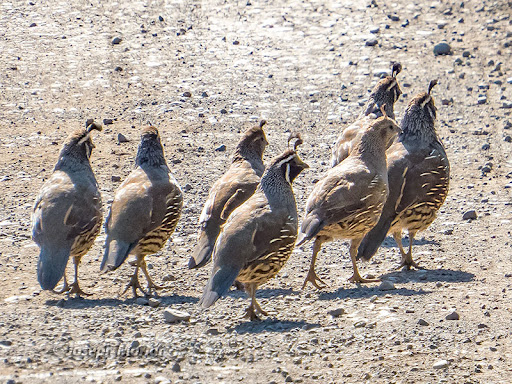What Is a Group of Chickens Called?
Discover the Cluckin’ Truth Behind Chicken Group Names!
Chickens are among the most familiar and beloved birds around the world, whether roaming a barnyard or featured on our dinner plates. But have you ever stopped to wonder: What is a group of chickens called? Is it a flock, a brood, or something entirely unexpected?
This article dives deep into the terminology, history, and fun facts surrounding chicken group names. Whether you’re a backyard poultry keeper, trivia enthusiast, or just chicken-curious, you’re about to learn way more than you thought possible about chicken collectives!
The Short Answer: What Is a Group of Chickens Called?
In general, a group of chickens is called a “flock.” This is the most widely accepted term and applies to chickens of any age or sex when they are gathered together.
But there’s more nuance to it than you might think.
- Flock – The most common and universal term.
- Brood – Often used for a group of chicks or hens with chicks.
- Clutch – Refers to a group of eggs, but sometimes used metaphorically for chicks.
- Peep – A lesser-known term for a group of baby chicks.
- Rafter (rare) – Usually for turkeys, but some older texts apply it to chickens too.
So while “flock” is the go-to answer, different words may be used depending on the context and age of the chickens.
What Is a Group of Hens Called?
Hens, the adult female chickens, often hang out together, especially in backyard coops. So, what is a group of hens called? The answer is still a flock—there’s no separate name specifically for hens.
However, in farming communities or among poultry breeders, terms like laying flock or hen group may be used for clarity. But these are more descriptive than official.
From Egg to Adult: Group Names by Age
The terminology around a group of chickens sometimes changes depending on their stage of life. Here’s a breakdown:
| Age Group | Common Group Name |
|---|---|
| Eggs | Clutch |
| Chicks (0–6 wks) | Brood or Peep |
| Juveniles | Flock |
| Adults | Flock or Laying Flock |
This age-based naming system helps farmers, breeders, and poultry keepers communicate more precisely, especially when managing flocks of different age groups.
The Origin of the Term “Flock”
The word flock comes from the Old English flocc, meaning “a group of people or animals.” Over time, it became commonly used to describe herds of animals, especially birds. Today, “flock” is a standard term for almost any group of birds—including a flock of chickens.
Interestingly, “flock” isn’t exclusive to chickens. You’ll hear it used with:
- A flock of birds
- A flock of sheep
- A flock of geese (on land)
It’s one of the most flexible collective nouns in English!
Why the Word “Flock” Matters
You might think it’s just semantics, but understanding the term flock of chickens has real-world importance:
- Backyard Poultry Keeping:
Chicken owners often refer to their chickens as a flock when talking to vets, breeders, or fellow hobbyists. - Biosecurity and Management:
When a disease outbreak happens, government agencies may place a “flock” under quarantine—not just individual birds. - Legal and Zoning Regulations:
City ordinances might limit how many birds you can keep in a “flock.”
Knowing the proper terminology can save time, confusion, and even legal trouble.
In the Chicken Coop: How Big Is a Flock?
A flock of chickens can range from a handful of hens in a backyard coop to hundreds (or thousands) of birds on a commercial poultry farm. Here are a few examples:
- Small Flock: 3–10 chickens (common in urban homesteads)
- Medium Flock: 10–50 chickens (for egg-selling or breeding)
- Large Flock: 100+ chickens (commercial operations)
Regardless of size, it’s still referred to as a flock. However, some people use terms like “mega flock” or “production flock” in industrial settings.
Fun Fact: Chickens Recognize Their Flock Mates
Chickens aren’t mindless cluckers—they have surprisingly good memories and social structures. Studies show that chickens can recognize up to 100 individual flock mates and remember their social standing within the group.
This social intelligence reinforces why it’s appropriate to call them a “flock,” similar to other socially complex birds like parrots or crows.
Other Funny and Obscure Chicken Group Names
While “flock” is official, the internet (and folklore) has come up with some humorous alternatives:
- A giggle of hens – obviously not real, but charming.
- A scramble of chickens – punny, especially for egg-lovers.
- A nugget of chicks – definitely invented by fast food fans.
- A cluck of hens – sounds real, but more poetic than practical.
While not accurate, these phrases show how much joy chickens bring into people’s lives!
📚 Collective Nouns for Other Birds
For comparison, here’s a look at what other bird groups are called:
| Bird | Group Name(s) |
|---|---|
| Ducks | Flock, brace, raft |
| Turkeys | Rafter, gang |
| Geese | Gaggle (on land), skein (in flight) |
| Crows | Murder |
| Owls | Parliament |
| Pigeons | Kit, flight |
| Parrots | Pandemonium |
Compared to “murder of crows” or “parliament of owls,” the group of chickens is called something much more tame—a flock.
The Flock in Pop Culture and Sayings
Chickens have inspired countless idioms and cultural references. Many of these draw from the idea of a group of chickens acting collectively:
- “Don’t count your chickens before they hatch.”
- “Like a chicken with its head cut off.”
- “Pecking order.” – refers to the social hierarchy within a flock.
- “Hen party.” – a playful term for an all-female gathering.
Understanding these sayings in the context of chicken behavior and flock dynamics gives them new depth!
Flock Terminology Around the World
English isn’t the only language that names groups of chickens. Around the world, local terms differ:
- French: “Une volée de poules” (a flight of hens)
- Spanish: “Una parvada de gallinas” (a flock of hens)
- German: “Ein Hühnerschwarm” (a swarm of hens)
Despite the language, the idea of a group of chickens being called a flock is universal.
Chicken Behavior Within the Flock
Understanding what makes a flock tick can help you care for or observe chickens more effectively. Within any flock, you’ll find:
- A hierarchy (pecking order) – Usually one dominant rooster or hen.
- Group foraging – Chickens prefer to eat and scratch the ground together.
- Dust bathing – Social bonding often occurs during group grooming.
- Roosting together – Chickens feel safer and warmer in groups at night.
These behaviors are part of why a group of chickens is called a flock—it describes more than just numbers. It reflects their social structure.
So Why the Confusion?
You may have heard the question “What is a group of hens called?” or “What is a group of chickens called?” because people assume different terms apply to different ages or sexes of chickens. While some specific words (like brood or clutch) apply in narrow situations, “flock” remains the correct and inclusive term.
Final Answer: A Group of Chickens Is Called…
Let’s bring it home:
- The correct term: Flock
- Variants: Brood (chicks), Clutch (eggs), Peep (baby chicks)
- No difference between hens and roosters—all are part of the flock.
So the next time someone asks, “What is a group of chickens called?”, you can confidently reply: “A flock.” And then impress them with everything else you’ve learned!
📌 Quick Recap
- ✅ What is a group of chickens called? → A flock
- ✅ What is a group of hens called? → Still a flock
- ✅ What is a group of baby chicks called? → A brood or peep
- ✅ Is ‘clutch’ a chicken group? → Only for eggs
- ✅ Why does it matter? → Useful for poultry keeping, trivia, and general knowledge
FAQ
Q: Is it ever correct to say “herd of chickens”?
A: No. “Herd” is used for mammals like cows or deer. The correct term for chickens is flock.
Q: Can I call my backyard chickens a ‘brood’?
A: Only if they’re chicks or you’re referring to a hen with her young. Otherwise, use “flock.”
Q: Do roosters have their own group name?
A: Nope—whether hens or roosters, they’re all part of the flock.
If you found this article helpful, don’t forget to share it with your fellow chicken lovers. You now know more about chicken groups than 99% of people!
Read Also:

